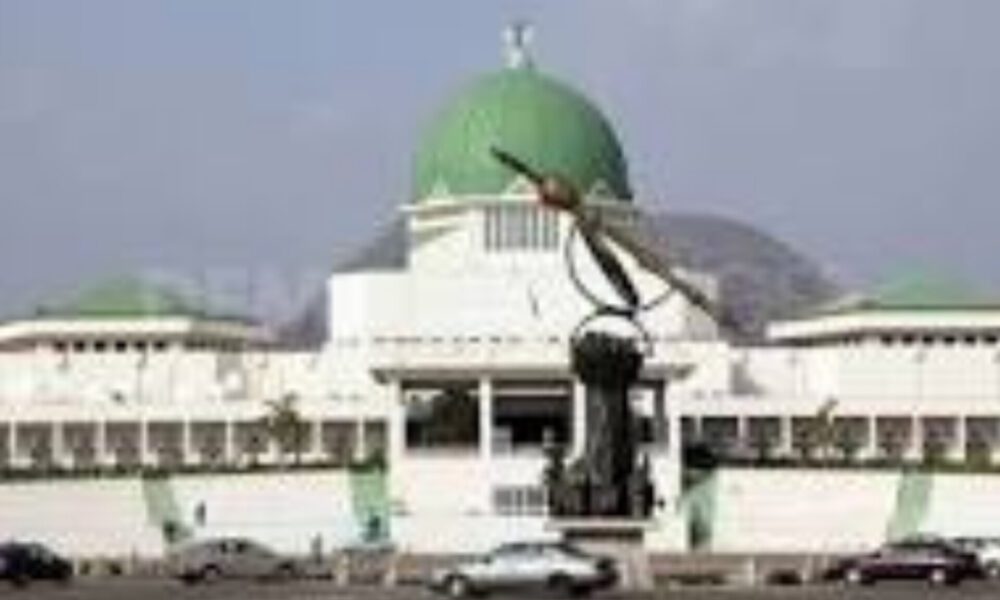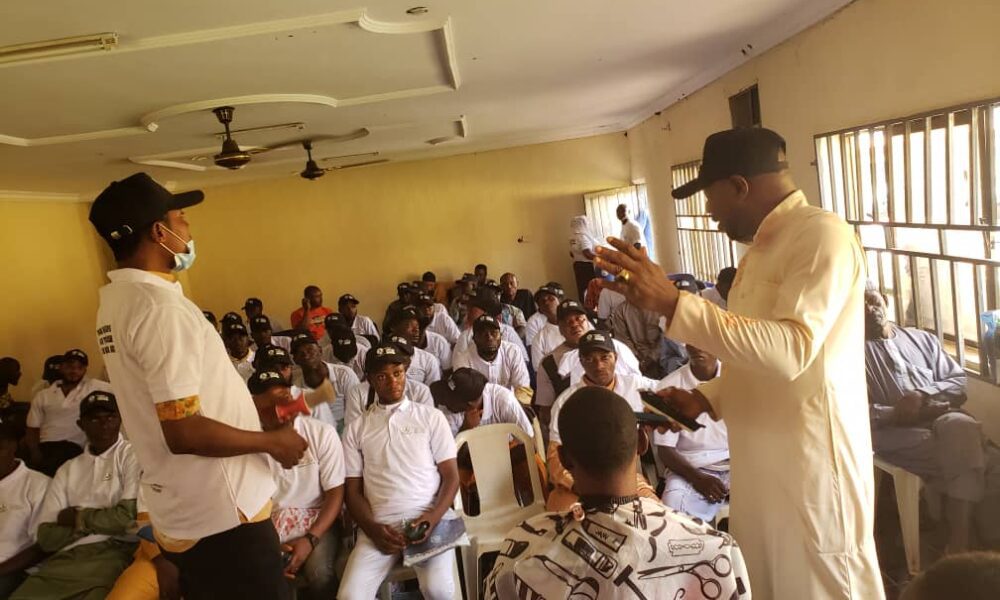The Senate has asked employers of labour in the country to relax age requirement as precondition for employment in Nigeria.
The upper legislative chamber also urged the Federal Ministry of Labour, Employment and Productivity and other relevant agencies to restrict and discourage public and private employers from depriving millions of job seekers employment opportunities merely for not meeting age requirement.
Also the Federal ministry was urged to immediately draw up policies that relate to equality of opportunity and treatment in access to employment at all levels.

These came following a motion “Age Requirement Precondition for Employment in Nigeria, Urgent Need for Intervention” sponsored by Senator Abba Moro representing Benue South Senatorial district.
According to the lawmaker, age limit or precondition for employment violates Chapter 4, section 42(2) of the Constitution of the Federal Republic of Nigeria, 1999 (as amended), which guarantees every citizen the right to freedom from discrimination.
Senator Moro also referred to the provision of the International Labour Organisation which defines employment discrimination in economic terms , as a violation of human rights that entails a waste of human talents with detrimental effects on productivity and economic growth, and generates socioeconomic inequalities that undermines social cohesion and solidarity and act as a brake on the reduction of poverty.
He lamented that it is pathetic “that a graduate in Nigeria who could not get a job upon graduation and decided to back to school with the hope that a higher qualification, vis-a- vis a second or Masters Degree could give him a better employment opportunity is thrown into a career paradox when upon completion of his Masters Degree he comes out to find that he is now above the age of employment and therefore not employable by the sole reason of his age”.
The Senator stated further that it is “ironical that a graduate in this country can serve in the National Youth Service Corps programme at age 30 but cannot be gainfully employed ,thereafter on the fact that he/ she is now above 30 years, a situation that is a flagrant breach of his fundamental rights..
“The circumstances described in the foregoing presents the predicament of the Nigerian youth who has the requisite qualification, knowledge, skills and is ready to work but disqualified or excluded on the sole and unjustifiable ground that he/ she is above the age limit by reason of his/ her birth”.
Moro argued that this sad situation has led many to commit age fraud by going all out to falsify their age to remain within the age limit of employability to the Nigerian Civil Service , and all other employers of labour in the country.



